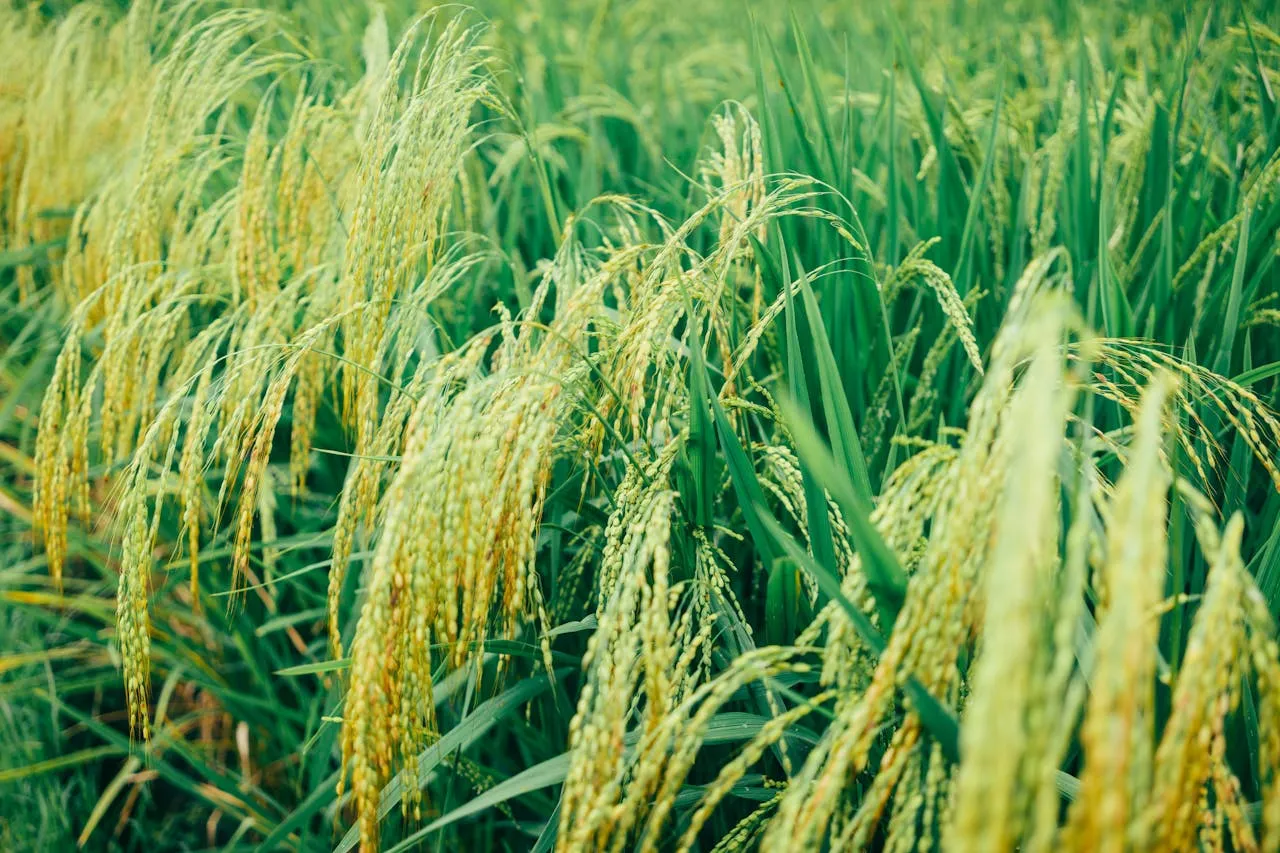
European Students Excel in Global Cambridge Science Competition
Three student teams from across Europe have been honored with awards in the prestigious 2025 Cambridge Science Competition, an international initiative hosted by the International Education division at Cambridge University Press & Assessment. The competition, designed to nurture innovation and scientific inquiry, saw remarkable submissions from students in Türkiye, Ukraine, and the Czech Republic. Their projects, all focused on addressing pressing sustainability issues, impressed an expert panel of judges at the University of Cambridge with their creativity, research quality, and real-world impact.
The competition, open to students aged 14 to 16 who are studying Cambridge IGCSE science subjects, is a global platform that encourages young minds to tackle real-world environmental and sustainability challenges using scientific methods. With participation from schools across six continents, including 6,000 institutions teaching Cambridge IGCSE worldwide, the 2025 edition saw a record number of entries.
Each team was challenged to identify a local or global problem and propose innovative, science-based solutions. The European winning teams stood out not only for the scientific merit of their projects but also for their commitment to using science to drive social and environmental change.
Türkiye Takes Top European Honors with Sustainable Agriculture Innovation
Students from Beştepe College in Türkiye earned the highest recognition in Europe with a groundbreaking project that explored the use of pinecone-based probiotics to enhance agricultural productivity. Their goal was to create a sustainable, biodegradable alternative to chemical fertilizers—an urgent concern as farmers and scientists search for eco-friendly ways to improve crop yields without harming the environment.
The team developed biodegradable probiotic beads using compounds extracted from pinecones. When applied to bean plants, these beads significantly boosted growth. Over a 20-day period, the team recorded a stunning 105% increase in plant growth compared to untreated samples. Their findings suggest that pinecone-derived probiotics could offer a natural, cost-effective method to increase food production sustainably.
Ilgın Yıldırım Usta, the students’ IGCSE Biology teacher, emphasized the broader significance of the project:
“This project was more than just science—it became a chance for us to connect with something bigger: our responsibility to the environment and the future of agriculture.”
One of the student team members, Ece Aydın, reflected on the impact of the experience:
“This experience has inspired me to keep asking questions, stay curious, and continue working on solutions that can help both people and the planet.”
Ukraine Team Wins Country Award for Innovative Bioplastics
From Gymnasium A+ in Ukraine, another remarkable group of students received a Country Award for their pioneering research into bioplastics derived from brown seaweed. With growing concern over plastic pollution and its long-term environmental effects, the Ukrainian students sought a biodegradable and environmentally safe alternative to single-use plastics.
Their project involved extracting materials from brown seaweed to create a flexible, rapidly decomposing plastic substitute. This bioplastic showed potential for use in everyday applications and could help significantly reduce reliance on conventional plastics, which persist in the environment for decades.
Student Amina Sorochynska shared her excitement about the team’s achievement:
“Winning a prize in this competition feels amazing. We’re passionate about environmental issues and wanted to find a biodegradable alternative to plastic. It’s great to know that our idea was thought to be potentially so useful.”
Their work serves as a compelling example of how young scientists are exploring nature-based solutions to one of the planet’s most urgent environmental problems.
Czech Republic Students Recognized for Water Conservation Research
The student team from Townshend International School in the Czech Republic earned their Country Award for a thoughtful and practical investigation into the use of moss species as a tool for water conservation and pollution mitigation.
Their research focused on how different mosses could be used to absorb water and filter out harmful pollutants from the environment. In their experiments, moss demonstrated strong potential as a natural bio-filtration system. The team suggested that moss-based technologies could be used to address both drought conditions and water contamination—problems increasingly affecting many regions across Europe and the world.
Student Abigail expressed how the project influenced her confidence and future goals:
“After winning, I feel much more confident in my abilities to problem-solve and design solutions. This experience has motivated me to take on more science projects in the future.”
Their project not only demonstrated scientific rigor but also pointed toward an accessible, eco-friendly method of improving water management systems.
A New Generation of Climate-Conscious Innovators
Christine Ozden, Global Director for Climate Education at Cambridge, praised all the winning teams and highlighted the broader importance of the competition:
“These students are a shining example of what’s possible when young minds are given the opportunity to explore science in creative, meaningful ways. These three outstanding projects show how Cambridge students across Europe are using science to address real-world challenges. What unites them is not only great scientific thinking and application, but a deep sense of responsibility toward shaping a better future.”
The Cambridge Science Competition is more than an academic contest—it is a launchpad for the next generation of environmental problem-solvers. By encouraging students to apply their classroom learning to global issues, it fosters not just knowledge, but a mindset of curiosity, empathy, and action.
With inspiring entries from thousands of students worldwide, the 2025 competition has showcased how science education can be a force for change. The projects from Türkiye, Ukraine, and the Czech Republic are just a few examples of the talent and vision emerging from European classrooms—and a promising glimpse into the future of sustainable innovation.
For more information about the competition, visit Cambridge Science Competition winners 2025.







